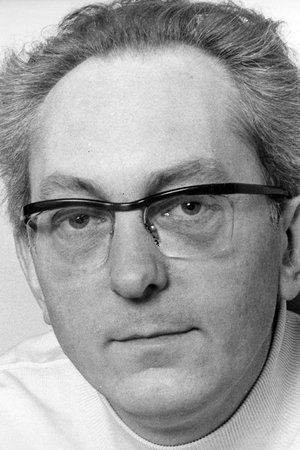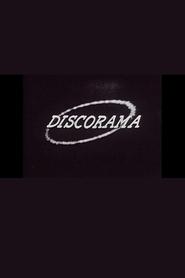
André Popp
André Charles Jean Popp (19 February 1924 – 10 May 2014) was a French composer, arranger and screenwriter. Popp was born into a family of German-Dutch background, in Fontenay-le-Comte, Vendée. He started his career as a church organist, filling the place of the abbot who had been called up to serve... in World War II in 1939. Popp studied music at the Saint Joseph Institute. In the 1950s he worked for the French radio station RTF, composing music for the Club d'Essai and, from 1953 to 1960, La Bride sur le cou. He orchestrated a number of Juliette Gréco albums in the late 1950s and early 1960s. In the 1960s, he co-wrote, with Pierre Cour, three songs for the Eurovision Song Contest: "Tom Pillibi", which won the competition for France when it was sung by 18-year-old newcomer Jacqueline Boyer in 1960, "Le chant de Mallory", the 1964 French entry, performed by another newcomer, Rachel, and "L'amour est bleu" (Love is Blue) which came fourth for Luxembourg in 1967, but which later became a number-one hit instrumental in the US for Paul Mauriat. Popp is the composer of Piccolo, Saxo et Compagnie, to a text by Jean Broussolle, a musical tale for children intended as a guide to the instruments of the orchestra and the rudiments of harmony. In 1957, Popp released Delirium in Hi-Fi (originally titled Elsa Popping et sa musique sidérante), a collaboration with Pierre Fatosme, an experiment in the recording techniques of the time. Popp is the author of the pop song "Manchester et Liverpool" sung by Marie Laforêt. Its melody gained fame in the former Soviet Union as the background music to the Vremya television news programme's weather forecast since the early 1970s. Popp made one-of-a-kind space-age instrumental recordings during the 1950s and by the early 1960s had built quite a good reputation in the music recording industry and was in demand as an arranger. He made orchestrations for Rive Gauche legend Juliette Gréco that were jazzy, urbane, vibrant, quirky, even cartoonish at times. The arrival of rock and roll in France and, consequentially, yé-yé music, dramatically changed the expectations of French audiences and record buyers, especially the younger ones, who were more interested in singers like Johnny Hallyday than Jacques Brel, although chansonniers such as Brel ultimately remained just as popular as they had been in the 1950s. ... Source: Article "André Popp" from Wikipedia in English, licensed under CC-BY-SA 3.0.
También conocido como:
